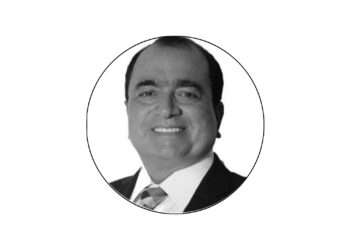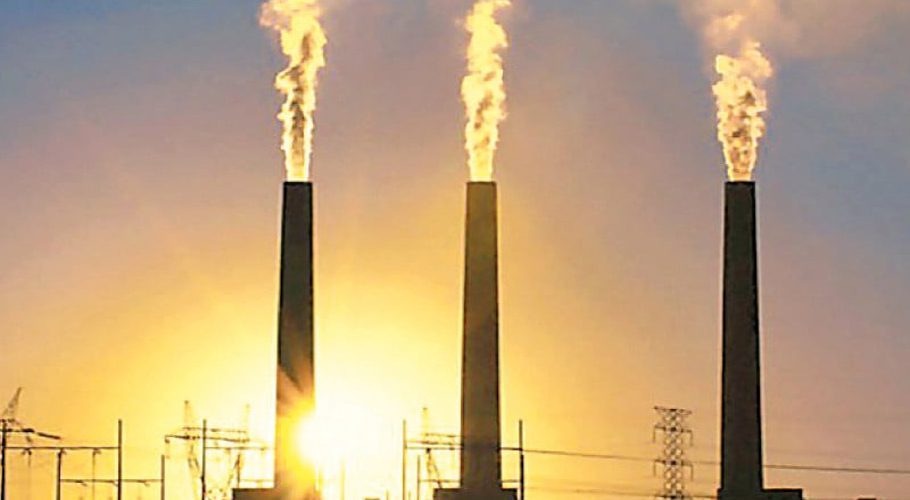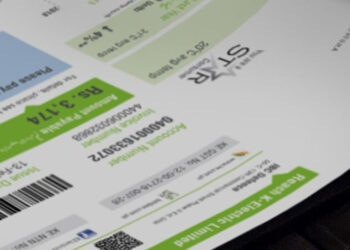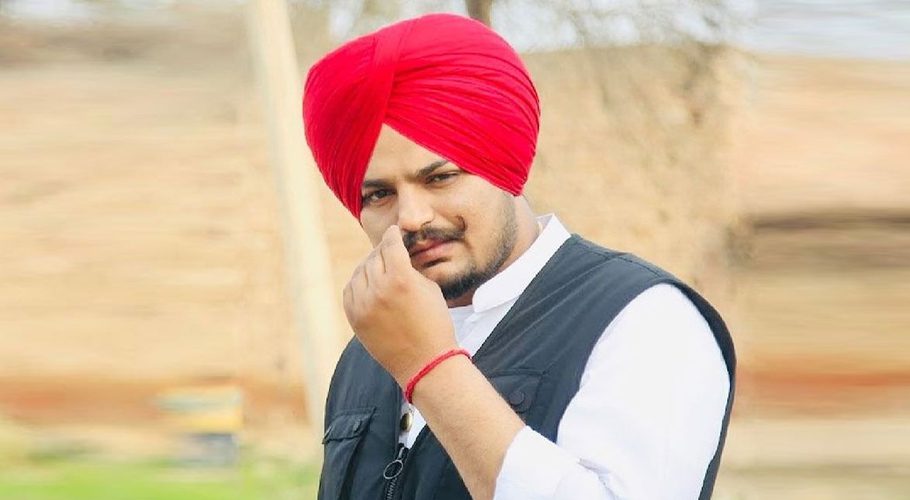“Democracy is the best revenge.” This famous quote echoed the thirst for emancipation in the world of autocracies. These prophetic words are from Shaheed Benazir Bhutto, who was later slain on the path to democracy, mere after his beloved father’s judicial murder—a cruelest mockery and miscarriage of justice in the judicial history of Pakistan.
Democracy is the fabric that cements the basis of a vibrant society. Without democracy, society is akin to a bird with no wings. The contours of a healthy society are several. For one, freedom of speech and thought. However, forces opposed to democracy don’t prefer these free thoughts to linger in their respective society. Hence, putting a gag on it.
This leads me to my country: Pakistan It is a country founded in the true spirits to give the minorities of India: a place to breathe, live, pray, earn, and elect freely. A country whose founding fathers formed the country in the name of freedom and democracy, sadly, suffered from the bouts of authoritarianism. Grave injustices were meted out either at the hands of military junta or civilian rulers with autocratic tendencies. Thus, the country’s pristine nature of democratic values is clamped down by autocratic boots.
Today, Pakistan is still in the clutches of these anti-democratic forces.
These forces argued democratic values, however, are not somehow suitable for the country, especially in the increasingly multipolar world, where countries are looking for alternatives to democracy. But this line, betrays the fact, that Pakistan is a multi-diverse country, where democracy is always cherished by the masses—and various undemocratic rules resented and opposed.
Nonetheless, instead of a vibrant democracy and a free society, we have a hybrid system that brooks no criticism on certain issues, not to mention has an extremely low appetite for, even, constructive criticism, too. Having said that, some extraordinary individuals are not letting Pakistan slide into the darkness of autocracies. They are intrepid journalists, fearless civil-societies members, and few democratic leaders. Together, they are forcing the State, through the power of pen, protest, and debate to rethink the path it is heading now.
Given the exacerbating global trends, they are also reverberating in Pakistan, too. Take, for example, populism. A concept of rule where rationality is trump over demagoguery. The rising toxicity of populism, coupled with chest-thumping nationalism is inching Pakistan, and by extension, the world, closer to George Orwell’s dystopian dark world—where despair prevails over hope and the iron-fist rule is the norm.
However, hope is not lost for the country of more than 200 million inhabitants. They are constantly pinning their hopes for a better future on the defenders of democracy to build them a better, prosperous, and inclusive Pakistan, where elections are not the byword for selection, the mandate of the masses is respected, and the Constitution is upheld. Two recent examples, first, unbanning of student unions after a hiatus of nearly four-decade is a fresh ray of optimism that grows in the shadows of the decades-long festering dynastic politics of Pakistan.
While second is the successful election of local bodies in Khyber Pakhtunkhwa, despite the Center and other provinces balking at this delegation of power to the grassroots levels, which is a major victory for the democratic forces. Now the onus is on the influential democratic-minded Pakistanis to counter the rise of autocracies in the country to shift its focus to the development of democracy for the betterment of their countrymen.





























